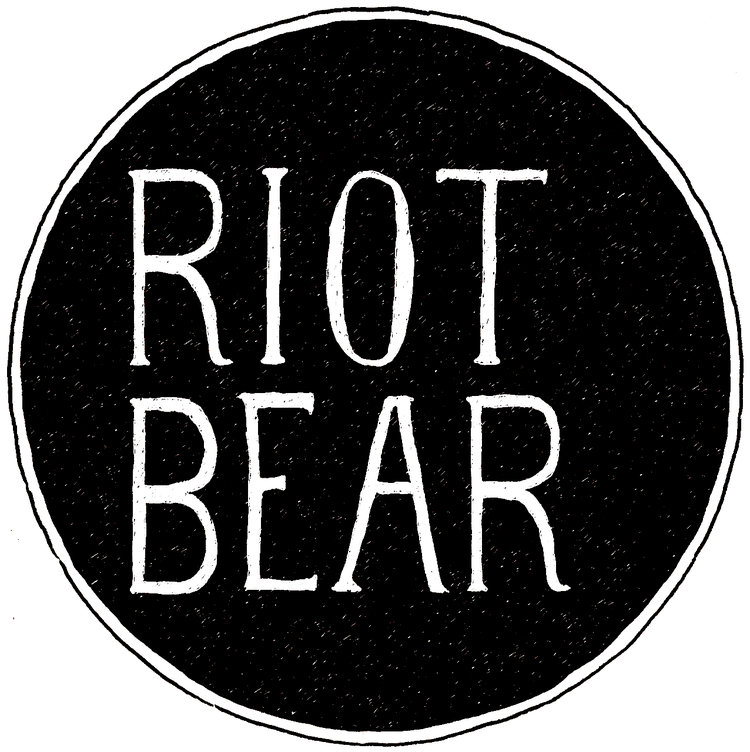BEAUTY / Academics
David Hocker shot by J.J. Reddington styled by Daniel Gustina in Brooklyn, NY
Where did you grow up?
I’m from a small town in Southern Indiana called Lynnville. I grew up pretty much in the middle of nowhere, in the woods about half a mile from the nearest person. Not much but coal and farmland around there.
Did you always love science?
Sort of, but I definitely have an evolving relationship with science. I loved learning about animals as a kid, and could have cared less about chemistry and physics. My childhood hero was Jane Goodall because I thought that her entire job was hanging out with chimps. It wasn’t until high school that I got interested in chemistry. Most people hated the subject for exactly the reason that I loved it: You had to use so many different parts of your brain to understand what was going on. You couldn’t just be good at math or memorization and figure stuff out. You had to gain intuition to make sense of chemical problems. Chemistry is why I became a scientist.
What is Theoretical Chemistry?
Shit, I don’t really know any more… Chemistry is the confused middle child of the sciences, and its boundaries are really vague. My take on it all is that if your problem deals with how electrons (and protons, sometimes neutrons) move or interact with things, a chemist can probably help you with your problem. Believe it not, we still don’t know how some chemical processes occur, and theoretical chemistry aims to create possible explanations and underlying principles for how they occur. Most of the time, theoretical chemists use computer models and calculations to understand how molecules are structured and how chemical reactions unfold.
But I didn’t study that. My version of theoretical chemistry studied how light interacts with matter (spectroscopy), and how you could use that light to precisely control and manipulate matter. We used those principles of controlling matter with laser light to try and perfect the basic operations of quantum computers, a new type of computer that operates on the principles of quantum mechanics that could calculate things faster than any modern computer (i.e., the thing every government wants--to break modern encryption protocols). So my version of theoretical chemistry was using quantum physics and engineering to help build a new computer, which is why I have no fucking idea what theoretical chemistry is.
Is it your day job?
Not anymore, no. When I finished my Ph.D. I got a position in a computational neuroscience lab studying Parkinson’s disease therapies. When Parkinson’s patients stop responding to medication they can have an electrode implanted deep into the center of their brain. This electrode stimulates a central area that normally goes haywire during tremor episodes, and stabilizes it so that tremors in the patient subside. Sounds good, right? Downside: The middle of your brain is always getting tiny electrical shocks! So there are weird side effects and the battery eventually needs to be replaced with another surgery. I took the math and computer skills that I learned from theoretical chemistry and began designing smart technology that could listen to the brain to predict when a tremor was about to occur, and then turn on the electrode to stimulate and prevent the tremor. Like I said, I have an evolving relationship with science.
How was your experience at Princeton?
Oof… long story. Short version is that Princeton was a very challenging time in my life (Ph.D.’s are hard!), and I learned a lot about myself in the process. Coming from a small town to Princeton taught me that titles and social status are pointless when it comes to dealing with people; they are all still people in the end, and only the good ones deserve your time and energy. It made me fall in love with DIY bike culture and competitive cycling. And I met some of the most outstanding an interesting people there who genuinely care about making a positive difference in the world. Oh, and go get ice cream at The Bent Spoon if you ever find yourself in town. Worth it.
Tell us a truth about science that still blows your mind?
Everything about the octopus. Weirdest things on the planet.
How does being a model & muse to artists compare to being in the lab?
I feel nerdy admitting that I tend to approach both like a puzzle with many possible solutions. In the lab you might be running experiments because you have a theory that you want to test, and I sometimes model in the same way. It’s like a guessing game to try and figure out what the artist needs from me, and if I can give that to them while elaborating and experimenting to push both of our expectations in the process. It’s a type of conversation that neither the artist nor the model entirely understands at the outset, and always helps you learn more about yourself.
vintage shirt, jacket by Levi’s, jeans by Acne Studios / jacket stylists own, tank top by American Apparel / vintage shirt, jacket by Levi's / coat by Bonobos










